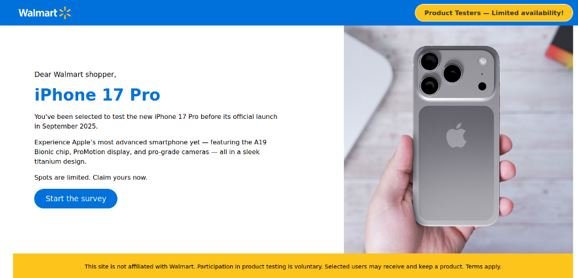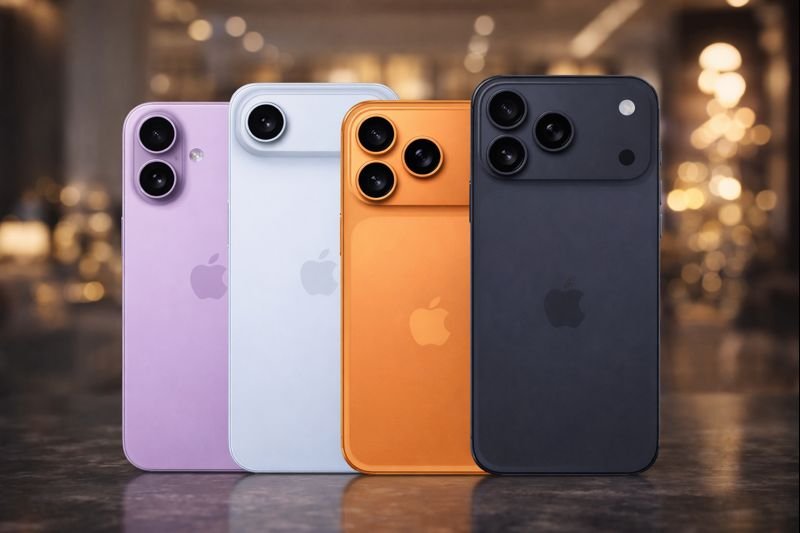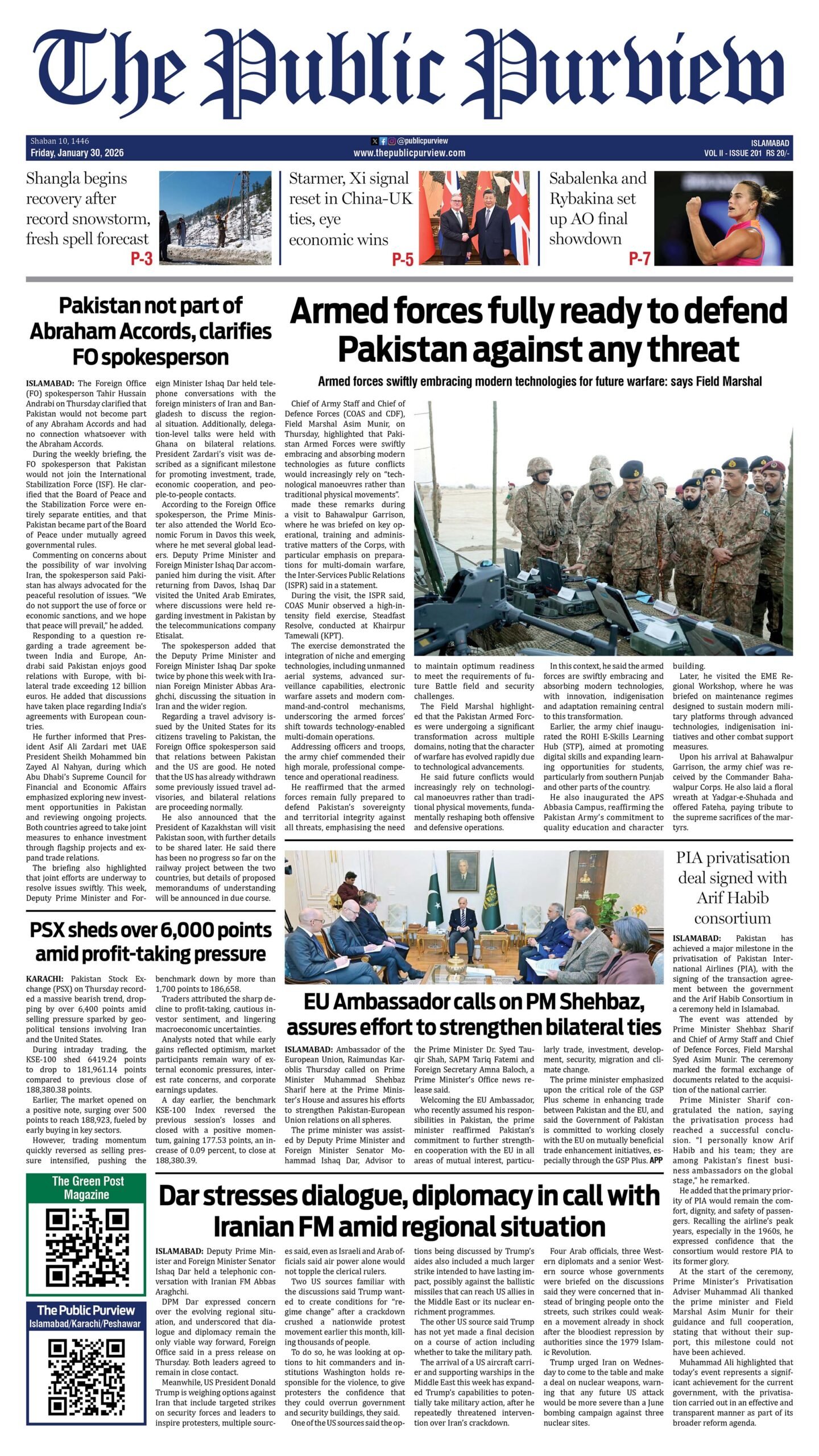Islamabad: iPhone 17 preorder scam tactics are surging as Apple opens preorders for its latest device. In Islamabad, Kaspersky has detected a wave of fraud exploiting the launch hype. These iPhone 17 preorder scam campaigns include fake websites, bogus lotteries, and phony “tester” recruitment schemes designed to steal personal and financial data. Consequently, these attacks pose serious risks, including identity theft and financial loss.
One scam involves counterfeit websites that mimic Apple’s official store. These sites lure users with preorder offers for the iPhone 17, claiming limited availability. Upon checkout, they capture bank card details through a deceptive “Book Now” button that leads to a financial data submission form.
In addition to fake stores, scammers are running fraudulent lotteries that promise free iPhones as prizes. Participants must complete a survey, submit personal details—such as email addresses and phone numbers—and pay a delivery or service fee. Moreover, a fake feedback pane displays fabricated user testimonials claiming they received their prizes.
Meanwhile, fraudsters are advertising fake “tester” opportunities for the iPhone 17. They target tech-savvy users, asking for contact details and shipping addresses. Victims also pay a delivery fee in exchange for early access units that never arrive. Instead, they face spam overload or targeted phishing attempts.
“Cybercriminals thrive on the excitement of major product launches. They turn consumer enthusiasm into a gateway for data breaches. These tactics have evolved from crude phishing to polished websites that look authentic. Therefore, users must prioritize verification over impulse to stay safe,” said Tatyana Shcherbakova, Web Content Analyst at Kaspersky.
To stay protected during this wave of iPhone-related scams, Kaspersky urges users to buy only from official sources. Specifically, purchase the iPhone 17 through Apple’s website, authorized retailers, or verified carriers. Always verify URLs and ignore unsolicited offers, emails, texts, or ads promising deals or prizes.
Additionally, users should avoid sharing personal data for “freebies.” Legitimate contests rarely ask for sensitive information upfront. Thus, any request for your name, card details, or address should be treated as a red flag. Enable multi-factor authentication and monitor your accounts. Activate 2FA on your Apple ID and financial apps, and regularly check statements for unauthorized activity.
Read the latest tech-related news here.






 Today's E-Paper
Today's E-Paper